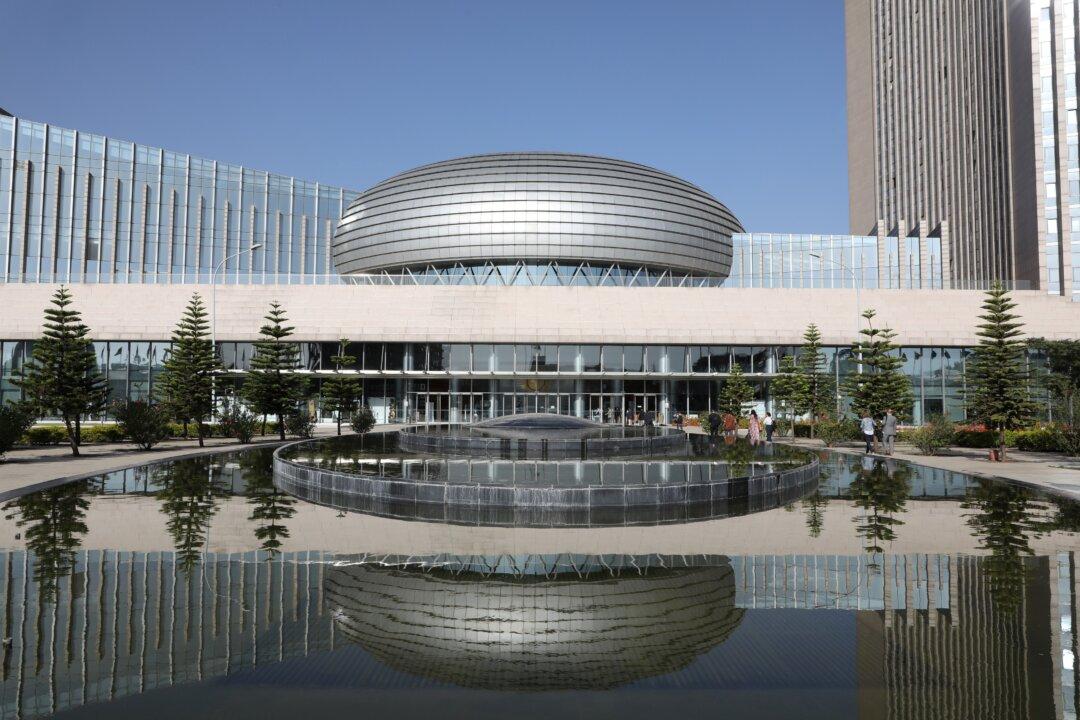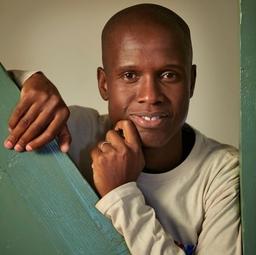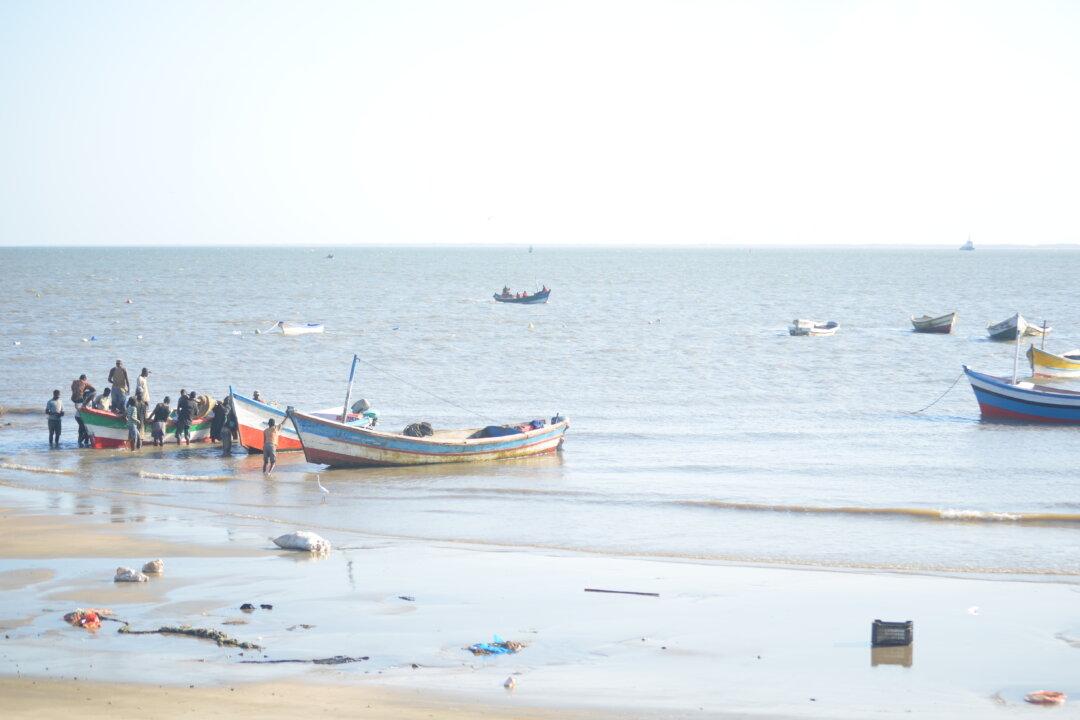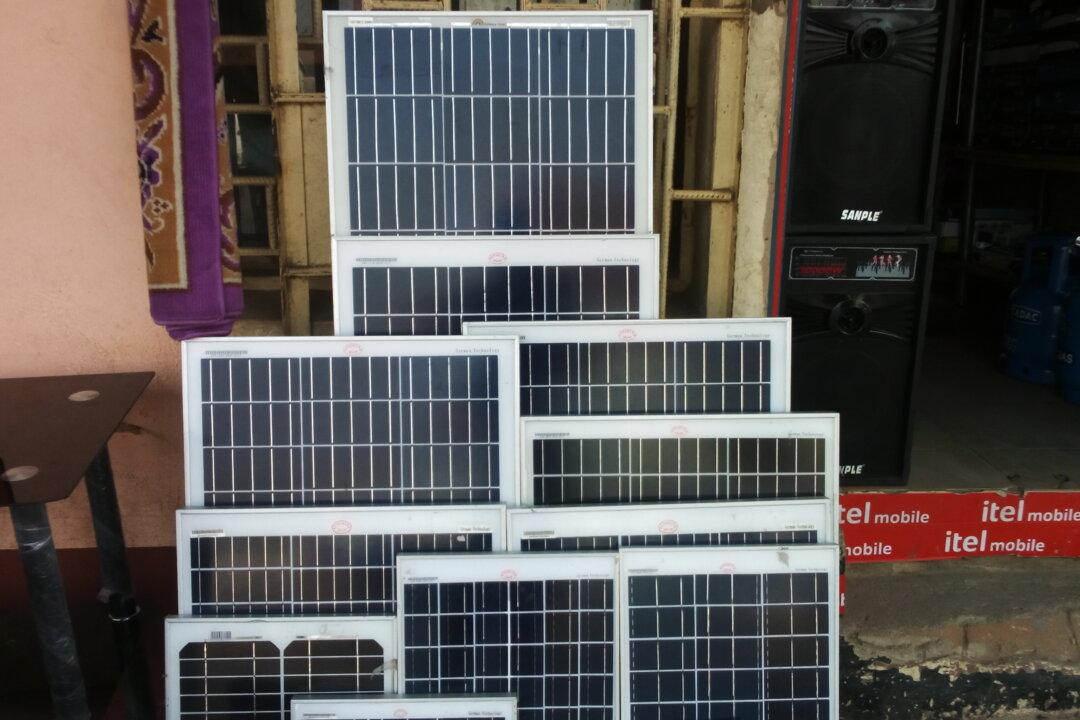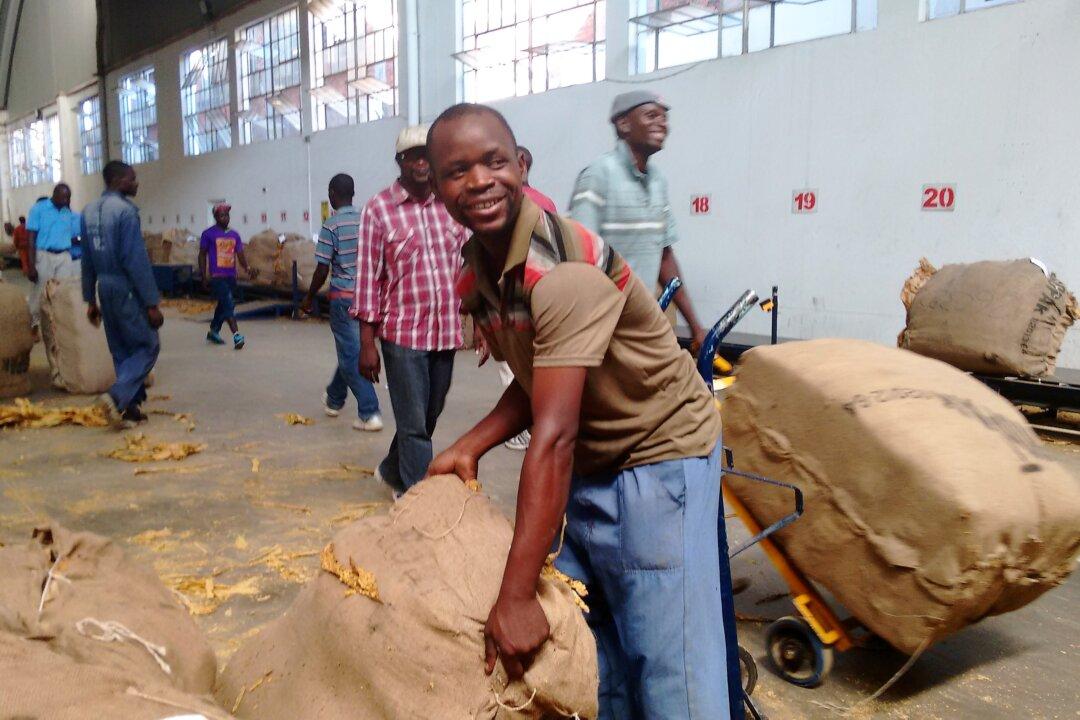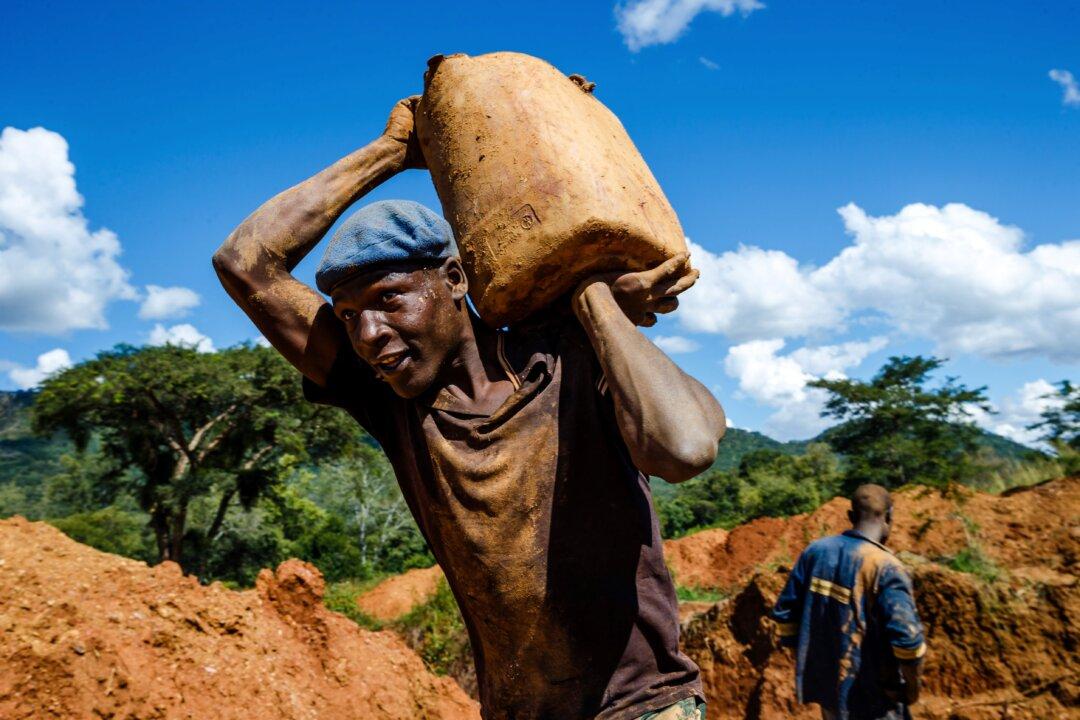ADDIS ABABA, Ethiopia—Amid fears that Beijing is taking control of various sectors of Africa’s economy, civil society organizations in Africa have expressed unhappiness with development projects implemented by Chinese investors, which they say don’t benefit local people.
In the Ethiopian capital, Addis Ababa, just like in many major cities in Africa, there are various Chinese investment projects at different stages of implementation. High-rise buildings under construction by the Chinese can be seen in most parts of the city.
